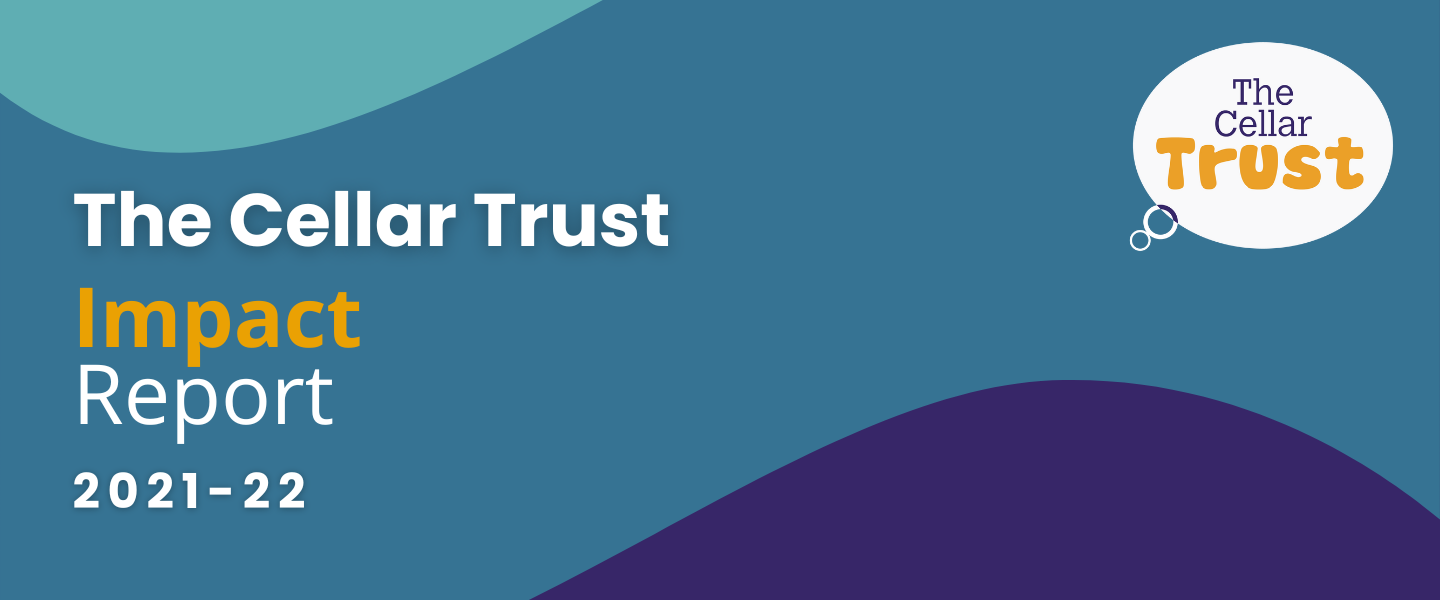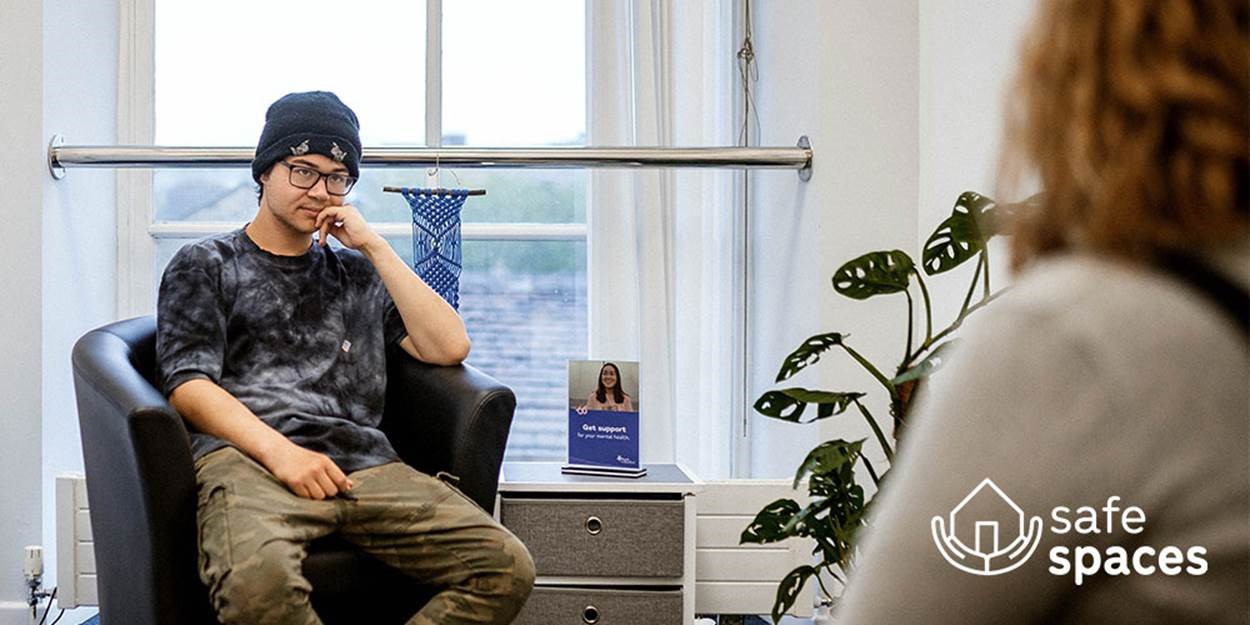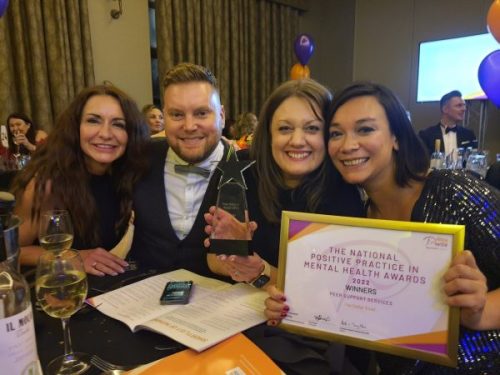Impact Report
December 2022
The Cellar Trust has released its annual Impact Report 2021-22 detailing how the organisation helped those that needed mental health support. The range of client needs that we support is wide and varied, therefore, so are our services.
View the Impact Report here
We supported 7,798 people in 2021-22 to address the challenges they faced with their mental health, through one of more of our services.
We are a 100+ strong team now and our aim is simple. We are working towards a future where good mental health and wellbeing is prevalent across the Bradford District and beyond.
Haven funding came to an end in June 2022, but we were successful in our joint bid for the Safe Spaces contract with Mind in Bradford, which builds upon our strengths and successes and works with partner organisations to deliver support across our communities.
Our Pathways to Employment service met an increased demand from people furthest from the job market, with severe or enduring mental health problems and regular periods of crisis. These clients typically experience multiple barriers to work.
January 2022 saw the launch of HOPE. Delivering one-to-one peer support in 6 or 12 week blocks, for clients who frequently attend urgent care services or have a history of trauma. “The support has been invaluable and genuine, I feel like I finally have some fight back within myself.”
As well as our staff, we trained 210 people to be peer support workers through our OCN Level 3 accredited Peer Support training. We further developed our offering and now deliver Peer Support supervision on an external, consultancy basis.
Kim Shutler, CEO at the Cellar Trust, said: “It has been another busy and challenging year for The Cellar Trust. Of course, even as I write, we know that Covid has not gone away. We face ongoing and new pressures, both for the organisation and the people we serve, in the external environment including the cost-of-living crisis. It has impacted on all of us in different ways… all in the same storm, not all in the same boat.
This has meant that we have had to navigate returning to a new version of ‘business as usual’, with the difficulties and benefits of hybrid working, increased demand on our services at the same time as implementing some big changes and fabulous new provisions. It also means that we move ahead, after a very tiring two years into a period which will continue to test our resilience. I say though, with great pride, that our team are exceptional when it comes to weathering the storm and we move into the coming months as a strong organisation with a brilliant values-driven culture. These things make all the difference in challenging times.”
Our CEO Kim Shutler was identified as a Charity Times Top 20 Pandemic Pioneer and awarded an MBE for Services to Mental Health in the Queen’s New Year’s Honours 2021.
The Cellar Trust won the Locality Transforming Lives Award in 2021 for our response to COVID.
As an organisation we believe strongly that we can sustainably impact on the mental health of people in our communities both through direct service delivery, and through using our experience to influence wider service design, policy and strategy.




